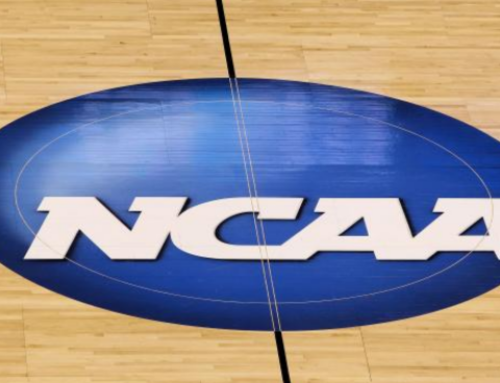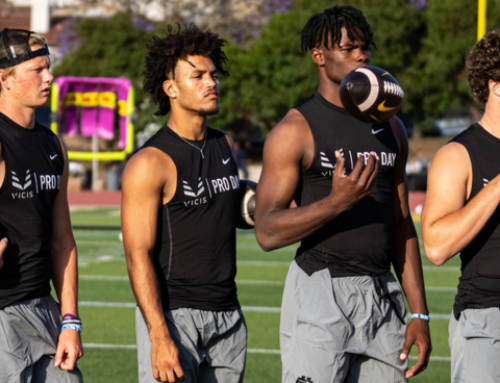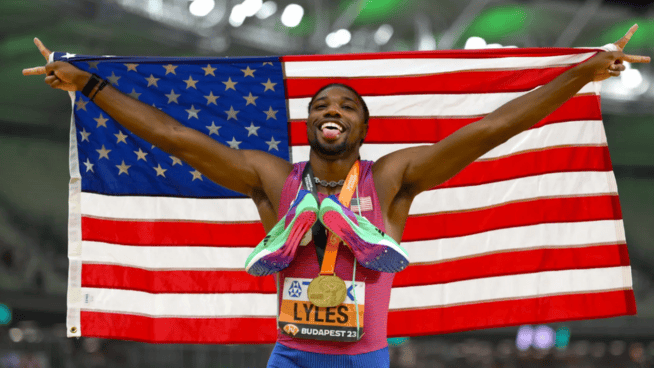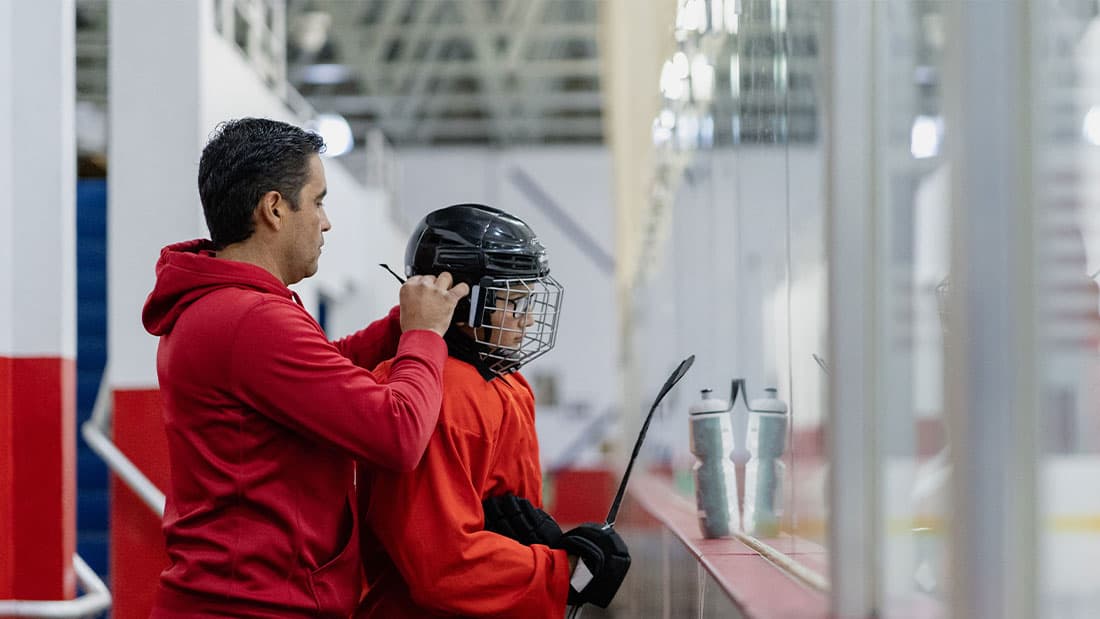NCAA Rules for Communicating With College Coaches
By Sarah Gearhart
Want to communicate with college coaches via text, email or IM? You need to get in the know with the NCAA’s R&Rs on the use of technology during the recruiting process.
Electronic Correspondence with Division I coaches
Email You’re allowed to receive emails, as long as none of the attachments are audio, video or animated clips.
Instant messenger and text messages Currently, such electronic communications are permitted.
Pagers Coaches are allowed to page you—that is, if you actually own a pager.
Video/Audio Materials The only audio and/or video materials a Division I or II college can send or show you are: Hall of Fame video or audiotapes If you tour a D-I college’s athletic hall of fame during a recruiting visit, you can view and listen to videos related to the school’s athletic program—as long as the facility is open year-round to the general public, and the videos shown are for general public viewing and do not serve the sole purpose of recruiting prospective student-athletes.
Highlight film/video The term “highlight film” refers to game clips with information related to a specific sport’s season or event. Narration must be related to that specific sport’s season, and the film can show only activities that occur on game days, such as pre-game player introductions, coaching staff activities or post-game, and on-field awards. Activities unrelated to the game, such as team meals, practice and entertainment, cannot be included. A college can show you or your coach a highlight film, but neither of you may keep it.
Non-athletic video or audiotapes If you’re interested in learning general information about a college, you can receive an official academic admission video, as long as it’s the same one made available to all prospective students.
Video conferencing and videophones For D-I colleges, such means of contact are considered telephone calls, because they involve electrically transmitted voice exchange; they are therefore subject to the rules on telephone call communication.
For more information about recruiting, visit www.ncaa.org.
RECOMMENDED FOR YOU
MOST POPULAR
NCAA Rules for Communicating With College Coaches
By Sarah Gearhart
Want to communicate with college coaches via text, email or IM? You need to get in the know with the NCAA’s R&Rs on the use of technology during the recruiting process.
Electronic Correspondence with Division I coaches
Email You’re allowed to receive emails, as long as none of the attachments are audio, video or animated clips.
Instant messenger and text messages Currently, such electronic communications are permitted.
Pagers Coaches are allowed to page you—that is, if you actually own a pager.
Video/Audio Materials The only audio and/or video materials a Division I or II college can send or show you are: Hall of Fame video or audiotapes If you tour a D-I college’s athletic hall of fame during a recruiting visit, you can view and listen to videos related to the school’s athletic program—as long as the facility is open year-round to the general public, and the videos shown are for general public viewing and do not serve the sole purpose of recruiting prospective student-athletes.
Highlight film/video The term “highlight film” refers to game clips with information related to a specific sport’s season or event. Narration must be related to that specific sport’s season, and the film can show only activities that occur on game days, such as pre-game player introductions, coaching staff activities or post-game, and on-field awards. Activities unrelated to the game, such as team meals, practice and entertainment, cannot be included. A college can show you or your coach a highlight film, but neither of you may keep it.
Non-athletic video or audiotapes If you’re interested in learning general information about a college, you can receive an official academic admission video, as long as it’s the same one made available to all prospective students.
Video conferencing and videophones For D-I colleges, such means of contact are considered telephone calls, because they involve electrically transmitted voice exchange; they are therefore subject to the rules on telephone call communication.
For more information about recruiting, visit www.ncaa.org.
RECOMMENDED FOR YOU
Create A Free Recruiting Profile Today!
CaptainU helps athletes & parents not only be proactive but also to manage and take control of their entire recruiting journey.











